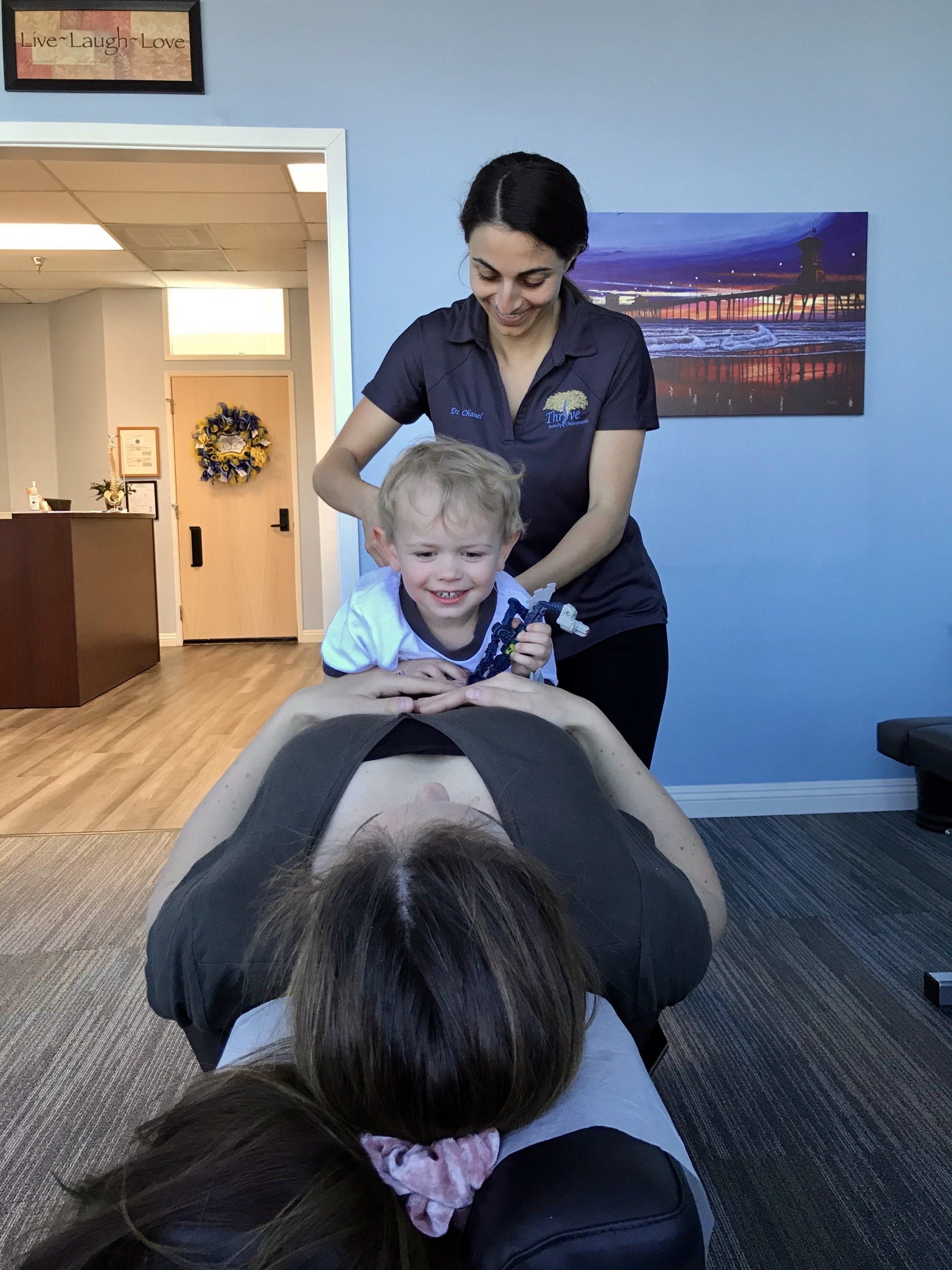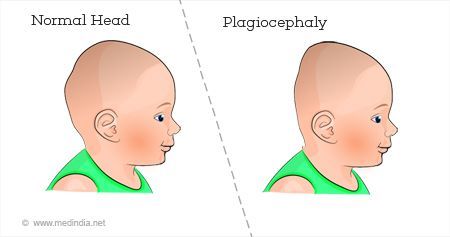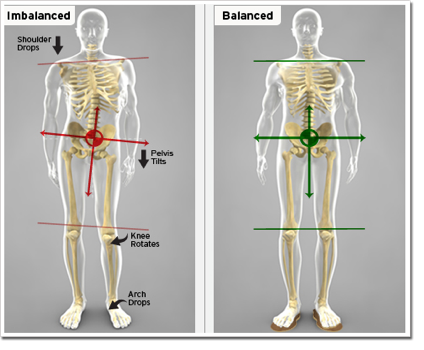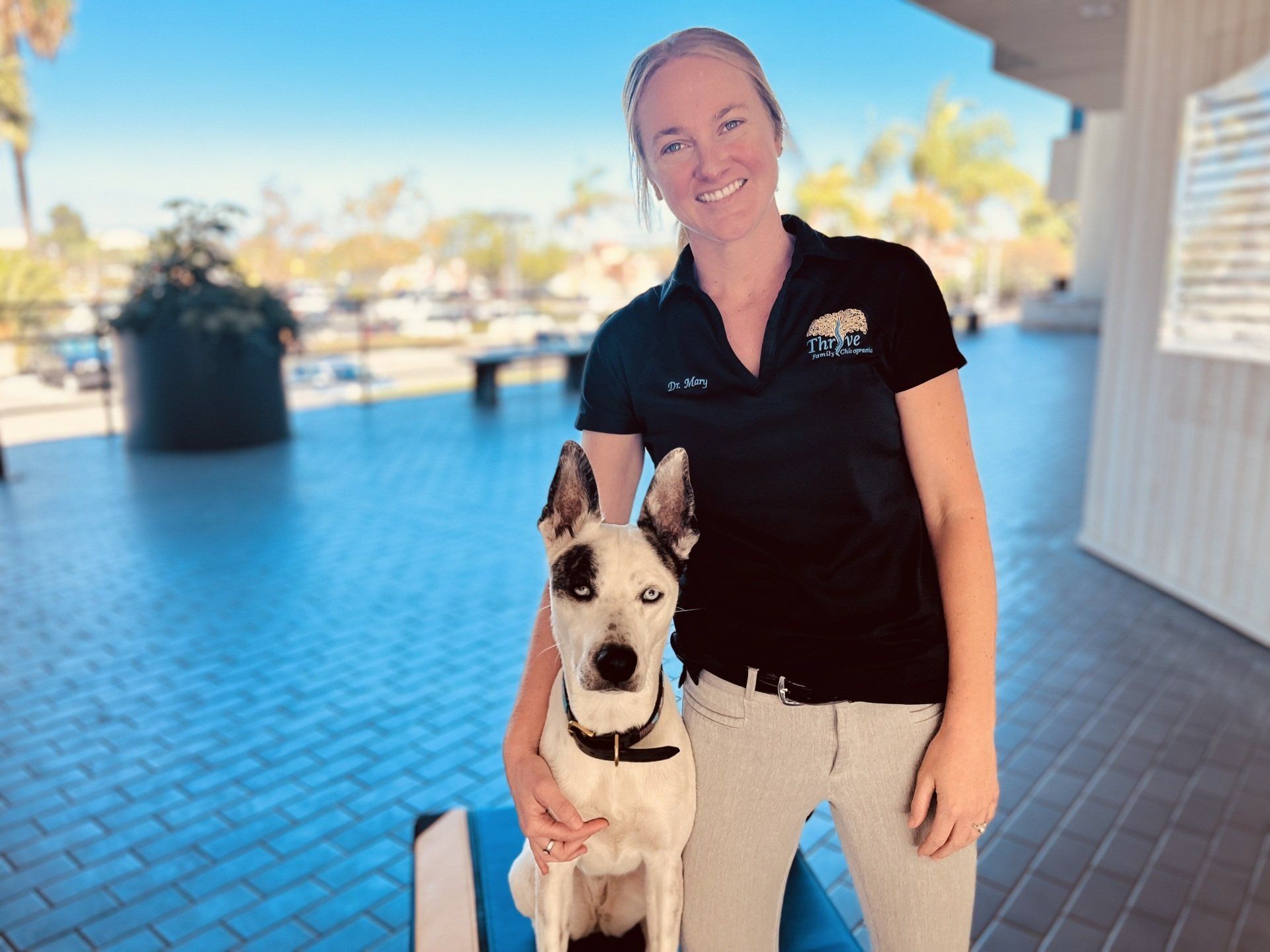Communication & Connection
We live in an extremely behavior-focused society. From the moment our babies are born, people ask us about our baby's behaviors and make judgement about whether our baby is good or bad based upon how much she inconveniences us as parents.
But behavior is just a baby's way of communicating her internal state. A baby some parents may label as bad, another parent would label as needing more help to adjust to the world. Do you feel the difference? The words we use to describe our children can help create connection or disconnection right from the start.
Most parenting advice focuses on getting the baby to fit into our lives, rather than considering what the baby needs for optimal development (aside from the obvious physical needs for food and rest). When we seek only to end a behavior we miss what it's trying to communicate. We might be squandering the opportunity for our children to develop to their fullest potential.
Take the example of a child who is waking at night. New parents are often asked, "How is the baby sleeping?" It seems that babies are rated on their circadian rhythms and how the parents answer that question. Most advice is concerned only with what the parent can do to make the baby sleep, to teach the baby to self-soothe so that she is less inconvenient for the parents.
We should stop and ask why the baby is waking up in the first place. Is the baby hungry? Does he need someone to hold him? Is the baby scared? What happened during her birth? Maybe she is telling her birth story through her night waking. What is she communicating through her sounds and body movements during the night? Was your baby premature, and there needs extra help adjusting to the world? Was he in the NICU and separated form his parents while interventions were being done?
These questions lead to another: What happens if we don't meet his need? Most parenting advice usually says that it doesn't matter, but research shows that it does. Meeting a baby's needs matters a lot.
Parents who become focused on behavior when their children are young tend to focus on their children's behavior as they grow up, rather than their relationship. As the children grow, the disconnection grows. Really alert parents may notice something isn't right early on, but not know what to do about it.
Other times, it's not until much later, when the children are teens or preteens and begin acting out very loudly, that parent realizes that they don't have a relationship with their children. By this time, the behaviors are much bigger and more problematic. The parents are more scared, and there is clearly more risk involved. The situation isn't hopeless, but it is more challenging to repair relationships at this point than to focus on creating a healthy relationship from the start and repairing disconnections as they happen.
In contrast, parents with a strong relationship with their children don't typically have the same problems. And those committed to making changes early on - during the elementary school years or earlier - fare much better than those who wait.
Our children communicate with us even before they are born, and immediately after. This communication and positive interaction with a committed caregiver are essential for their optimal development. It is the relationship that makes the difference, and our interpretation of our children's behaviors affects the way we look at the relationship.
What we want to encourage is listening to our children's voices. Empower them by hearing their concerns, their fears, and their joy. Too often we see broken relationships with parents and their children. The solution is to listen from the very beginning.










